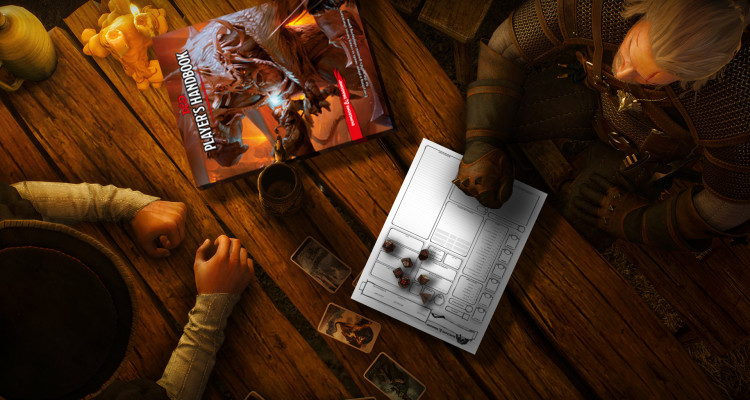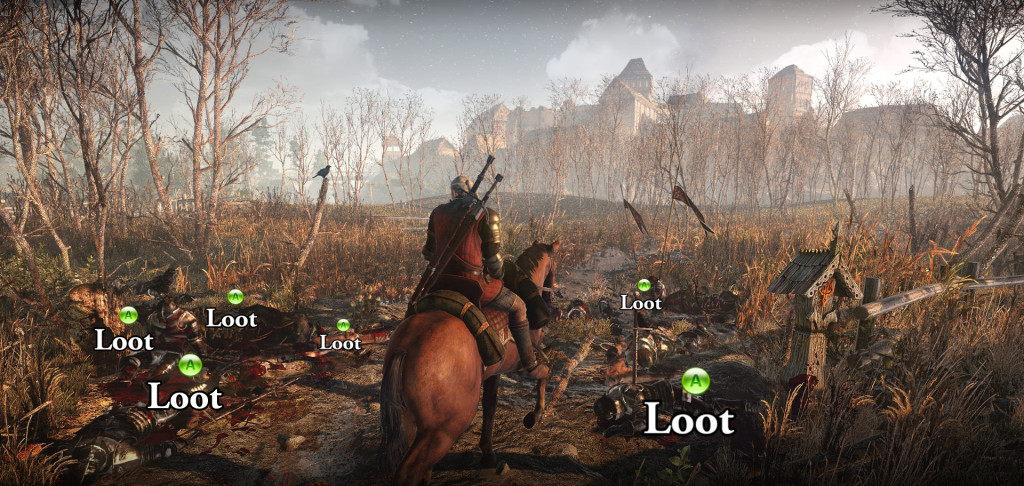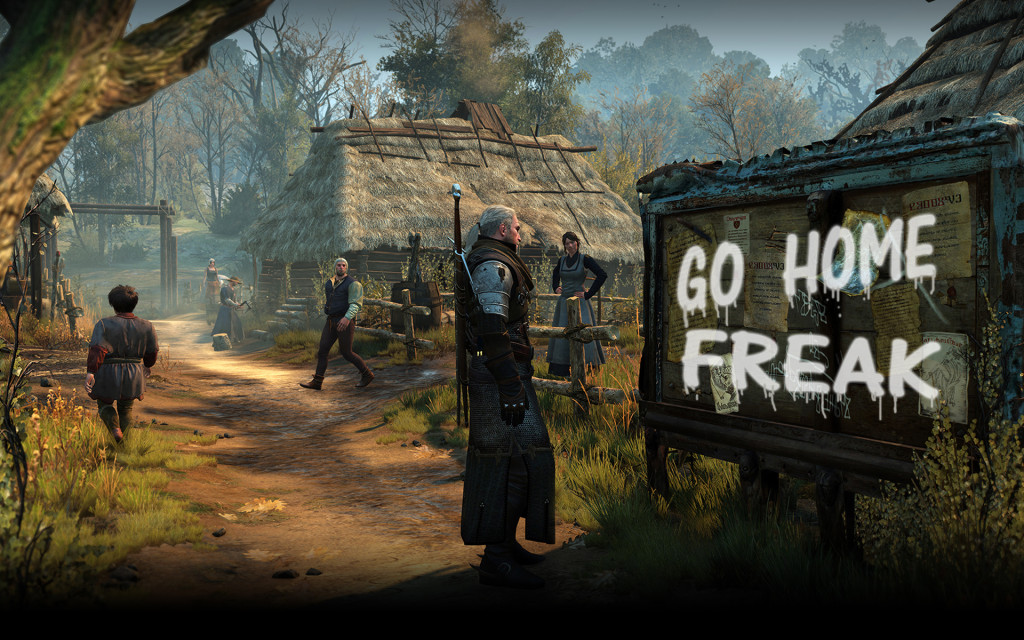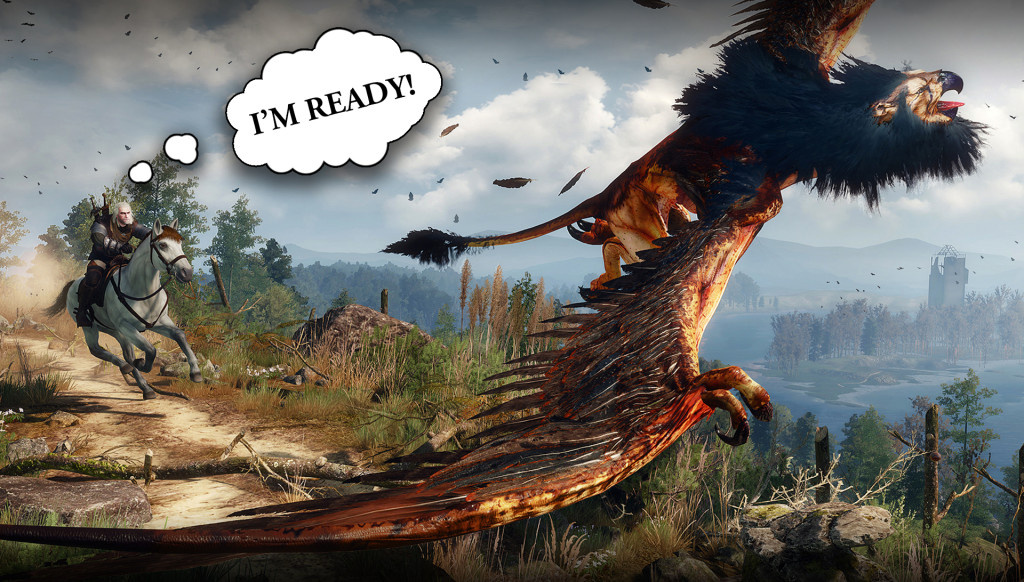The Witcher 3 came out last Tuesday, and I’ve already put 33 hours into this enormous game (and according to my Xbox dashboard, I’m only 10% done!). It’s a rich world that feels genuinely alive, and it’s been immensely inspiring to my imagination when I think about future D&D campaigns..!
Your inventory is important
If I were to open my inventory in the Witcher right now, I’d probably have over 100 different items; from old keys to honeycombs, from hag dust to Dwarven ale. Despite my inner hoarder making it rather overwhelming -and never being sure what to get rid of or hold on to- it’s very fun and satisfying to find a new recipe or diagram for a potion or weapon and already have the ingredients ready to go.
In D&D, this can be applied with perhaps a nice discount on potions, or when enchanting items. If the player has a rare animal hide from skinning a hell hound, perhaps they could get a few hundred gold knocked off +1 hide or leather armor. Similarly, if your players gather things like basilisk eyes or giant’s toes, you can make those the key ingredients to certain potions, making them inexpensive.
The difference between a city and a village
In the Witcher 3, when you travel to one of the nearly countless villages and speak to some of the townsfolk, you’ll notice they slur their words and are very superstitious and prejudiced. They also have to rely on what’s around them, often consulting witches or warlocks for things beyond their control.
When you travel to one of the major cities, however, you’ll encounter more well-spoken citizens. Although they are generally unwelcoming to outsiders, they seem to have a bit more tolerance than the villagers. They have little knowledge of the stranger aspects of the wild, and will usually rely purely on martial might to overcome their problems.
Consider a D&D game with towns that don’t have high walls or any armed forces to protect them from the strange things that lay beyond. The smaller settlements may have to seek help wherever they can get it, whether that be from a witch, wizard, or something even more devious…
Battle preparation should be rewarding
In the Witcher 3, you learn very quickly that knowledge is power. When you’re investigating the attack site of the monster you’re hired to kill, or speaking to the uneducated rural farmers who have seen the creature first hand, you’ll quickly start to feel sufficiently prepared for the upcoming battle. You eventually find out that what the town calls a Screecher, “A creature with a rooster’s body and the tail of a lizard”, is actually a Cockatrice. It’s rewarding to identify the monster, but that’s only half the battle…
Gathering and buying the correct herbs to create the right bombs and oils to fight the monster is step two. Next, you much ride to a neighboring village to talk to the herbalist, and making sure you’ve stocked up on food and healing potions before entering the beast’s lair . It’s a great feeling knowing that you’re well prepared.
You can’t always be one step ahead in D&D, of course, but it’s good to let the players have a major upper hand in certain circumstances. This will boost morale and make the game world feel alive and controllable! Have them find out specific information about that nearby dungeon using a history check at the local library, or gather information about the dungeon’s inhabitants with an investigation check.
Are you playing the Witcher 3? If so, how has it inspired you? Which other games have inspired you the most in your D&D campaigns?




